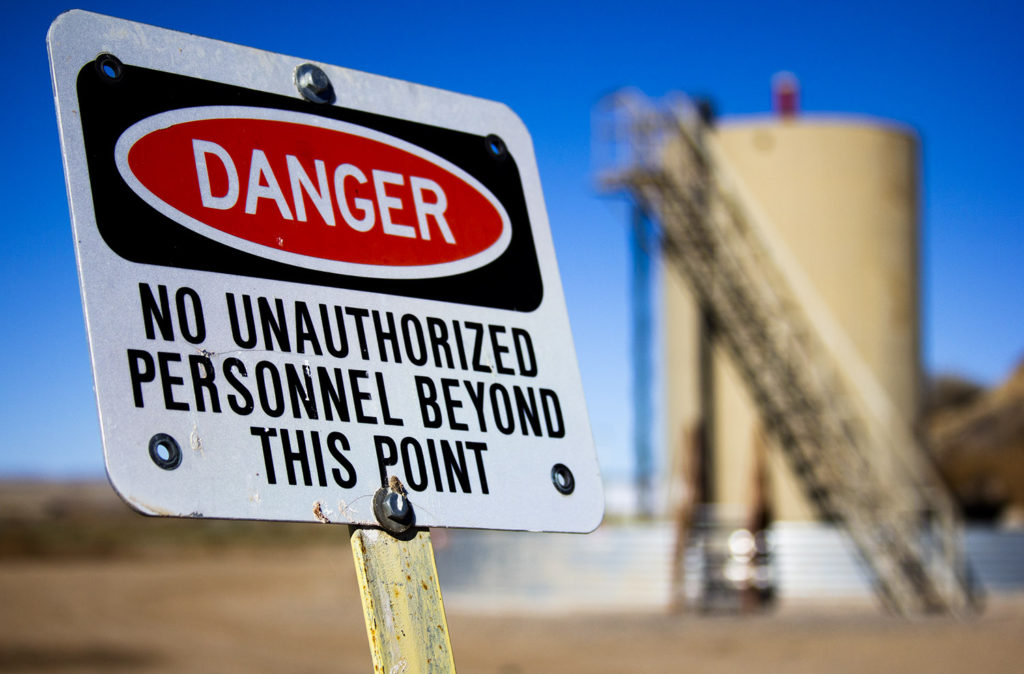A look back at our top ten 2019 blog features on coal, oil and gas, food and agriculture, and the West.
Philosopher George Santayana famously said, “those who cannot learn from history are doomed to repeat it.” In 2019 we watched as history was made across the west. Coal giant, Cloud Peak Energy, filed for bankruptcy, throwing coal country into uncertainty. This year, legislation introduced in both the house and senate aimed to reform hardrock mining. North Dakota regulators were accused of covering up an oil and gas industry spill larger than the Exxon Valdez. And the repeal of Country of Origin Labeling (COOL) continued to cripple American ranching operations.
It’s the start of a new year and as we’re looking forward, it’s important to see where we’ve been. Here are our most popular blogs of 2019:
Fracking Cover-Up Continues Groundwater Contamination Disaster in Pavillion, Wyoming
Above: Leaking gas wells are contaminating drinking water in Pavillion, Wyoming.
Secrecy comes standard in the oil and gas industry. It’s enabled by state and federal policies that allow companies to hide details around hydraulic fracturing. For the residents of Pavillion, the culture of concealment around fracking makes a bad situation much worse. In February, a draft report on fracking-related water contamination has given Wyoming a pass on fixing groundwater polluted by traditional gas drilling.
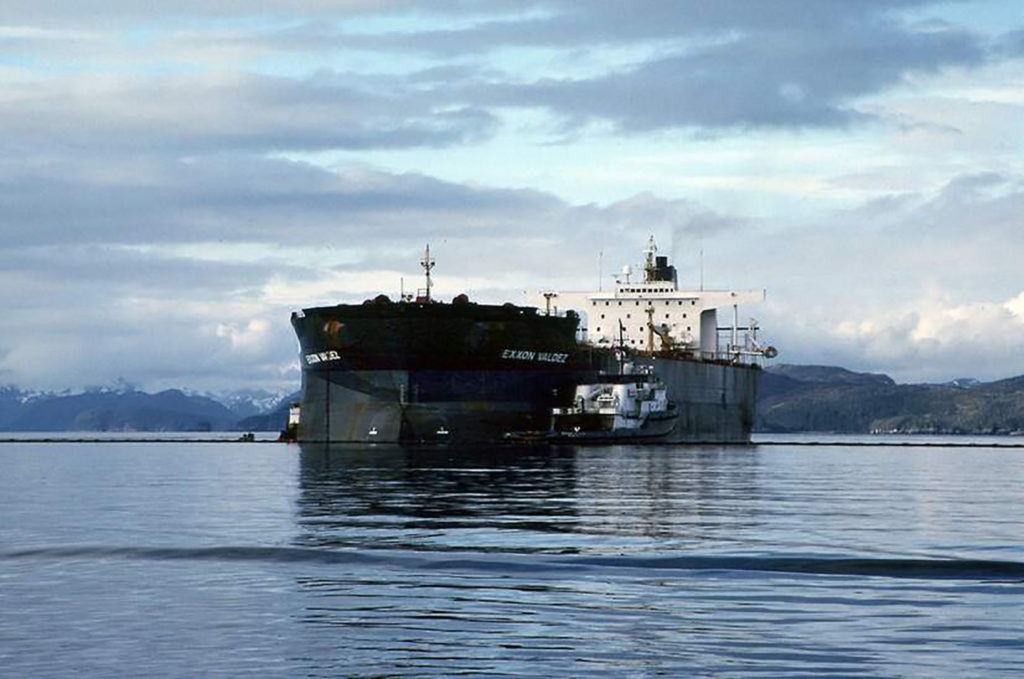
Did North Dakota Regulators Hide An Oil and Gas Industry Spill Larger than Exxon Valdez?
In July 2015 workers at the Garden Creek I Gas Processing Plant, in Watford City, North Dakota, noticed a leak in a pipeline and reported a spill to the North Dakota Department of Health that remains listed 10 gallons, the size of two bottled water delivery jugs. But a whistle-blower has revealed to DeSmog the incident is actually on par with the 1989 Exxon Valdez oil spill in Alaska, which released roughly 11 million gallons of thick crude.
Never miss an opportunity to make the West even better: receive our action alerts.
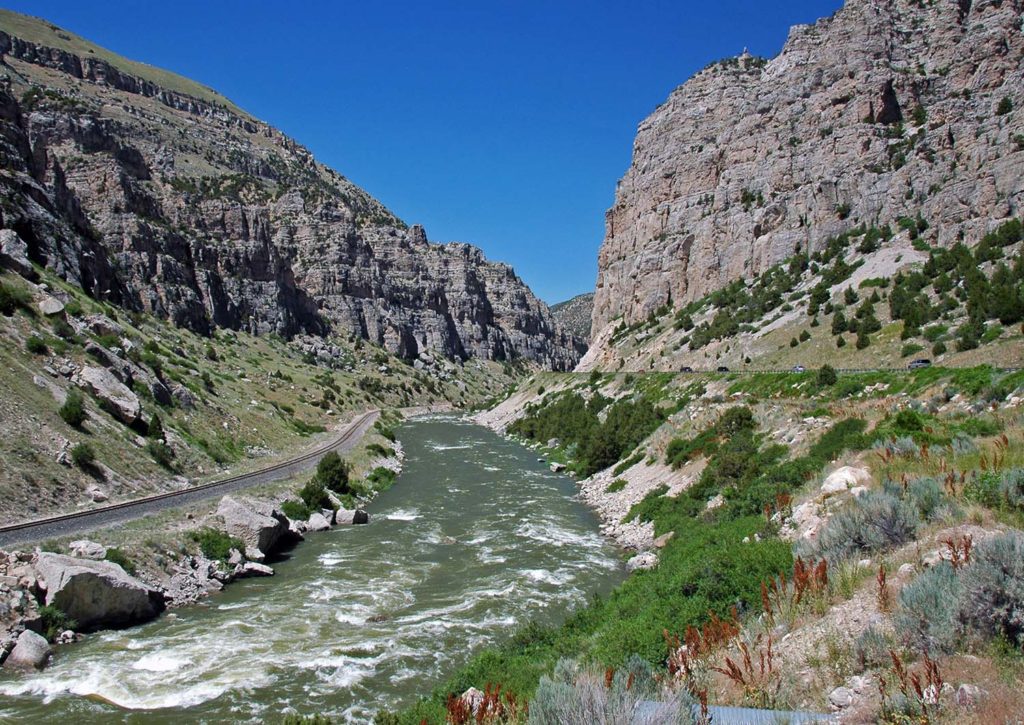
Iconic Wyoming Reservoir Endangered by Produced Water from Oil and Gas Development
Aethon Energy, the company that operates the Moneta Divide oil and gas field, is seeking an expanded discharge permit from the Wyoming Department of Environmental Quality (DEQ) to dramatically increase their oil and gas wastewater discharge into the streams that flow into Boysen Reservoir. The volume of water Aethon proposes to discharge would be doubled from about 104,000 barrels a day to nearly 200,000 barrels a day. Aethon has been treating about 39,000 barrels a day before discharge, but that is currently the limit they say they can treat, and the majority of the proposed polluted wastewater would be discharged untreated.
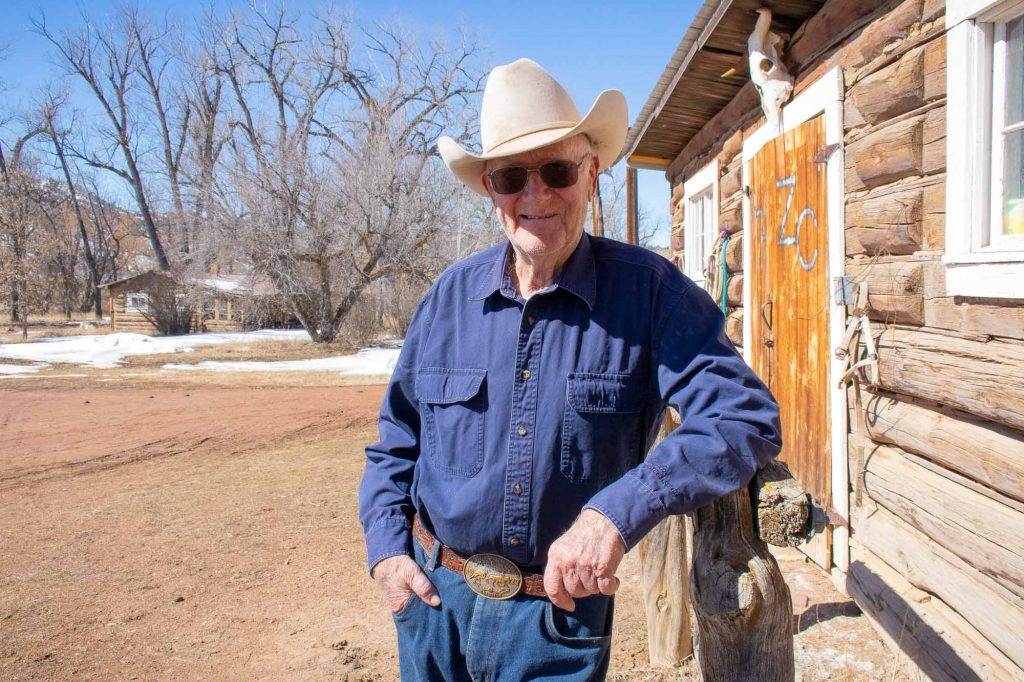
Repeal of Country of Origin Labeling (COOL) Continues to Cripple American Ranching Operations
Northern Plains member Irv Alderson is a cow-calf rancher in Birney, Montana. He, like most ranchers in the US, is experiencing a serious downturn in cattle prices caused by corporate control over the market and unfair practices by large meatpackers. One of the most critical ways that meatpackers drive prices down is by importing beef from outside the US and labeling it “Product of the USA.”
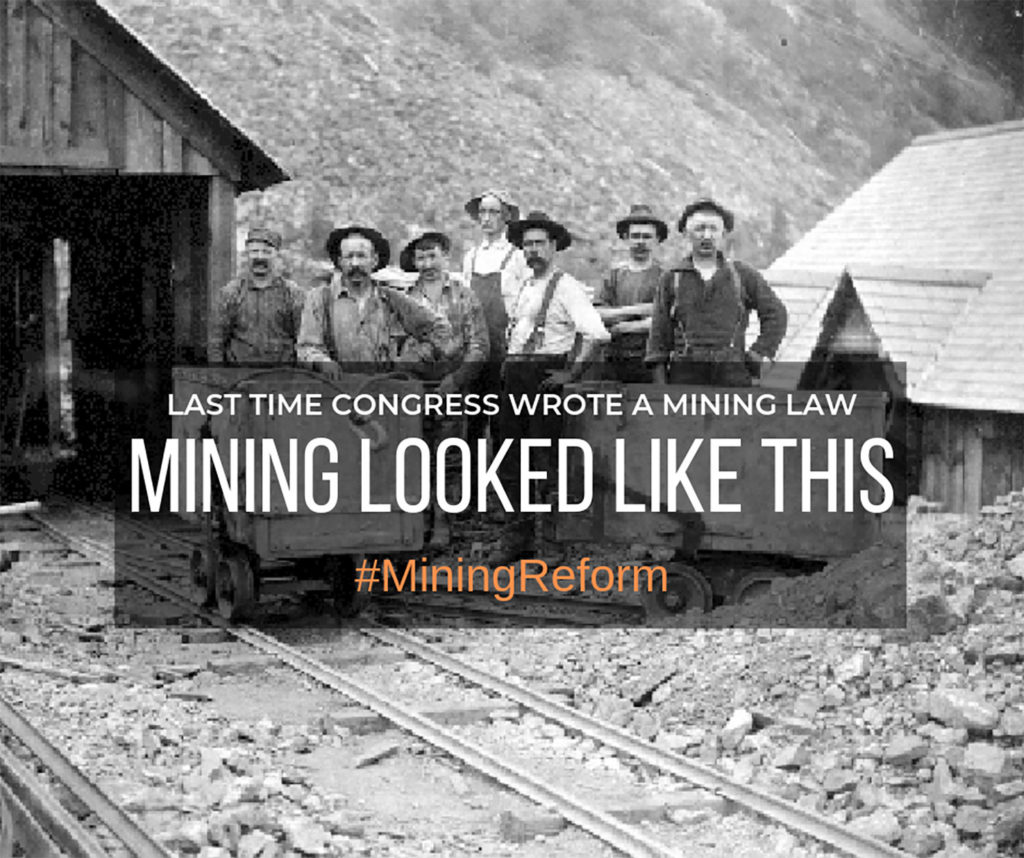
Hardrock Mining Reform Seeks to Level the Playing Field
Hardrock mining on our public lands is still governed by a law that was created when Ulysses S. Grant was president. Under the 1872 Mining Law, the hardrock mining industry can extract gold, silver, copper and other minerals from public land for free, without paying any royalties, unlike the coal, oil, and natural gas industries. The hardrock industry is also elevated in land use status ahead of other uses of public lands, yet is known to be one of the most heavily polluting. The Environmental Protection Agency estimates that roughly 40 percent of western headwatershave been contaminated by acid waste drainage from hardrock mine sites.
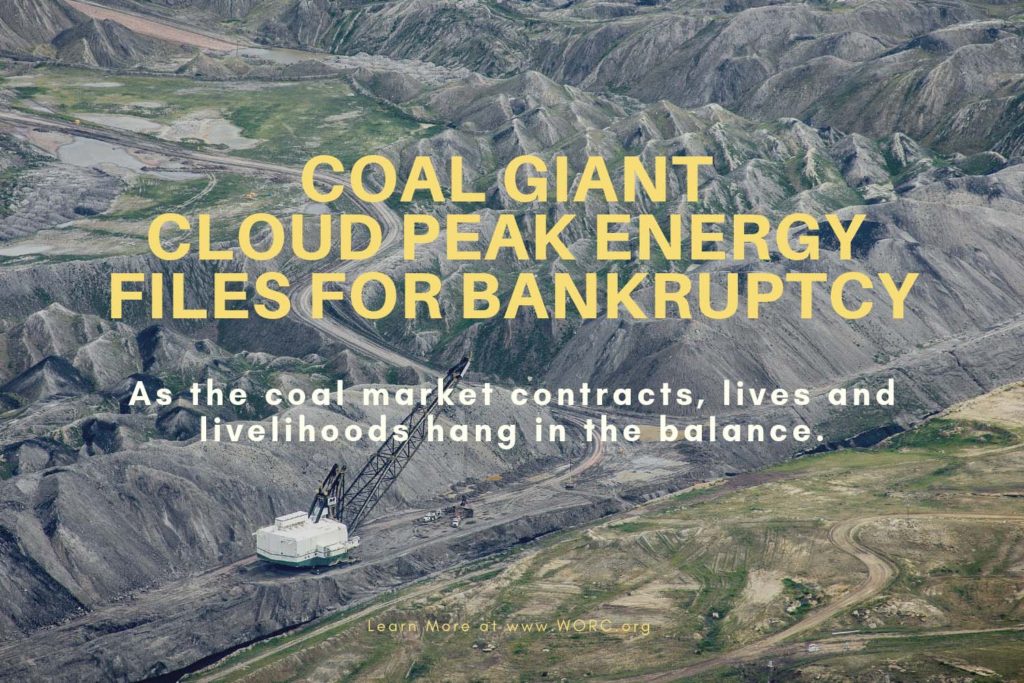
Cloud Peak Energy Files Bankruptcy
As the Coal Market contracts, lives and livelihoods hang in the balance. On Friday, May 10, Cloud Peak Energy filed for bankruptcy protection in Delaware federal court. Unfavorable market pressures have brought low another of the country’s top coal mining companies, and the effects will rock Wyoming and Montana coalfield communities. There was plenty of warning that Cloud Peak was on the brink, with repeated announcements that the company was headed for a major transition, either bankruptcy, a sale of the company’s assets, or an out-of-court restructuring of the company’s $635 million debt.
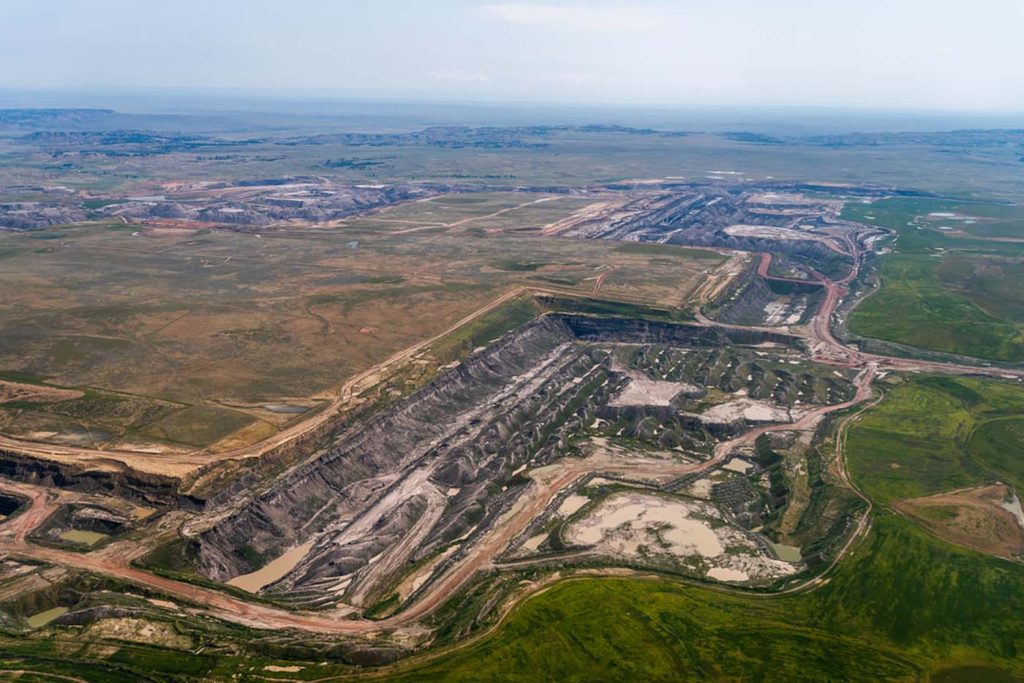
Current State of Coal Industry and Mineral Tax Collection Creates a Tax Time-Bomb
When the Coalbed Methane industry went belly up in Wyoming, that bust was hard not only on gas field hands and construction workers, but also on Wyoming’s counties and Wyomingites who rely on their county government for basic civil services like education, transportation, public health, public safety, and others. Counties in our energy colony depend greatly on tax revenues from production of oil, gas, coal, uranium and other minerals. These ad valorem tax revenues – based on the value of produced minerals – are collected twice a year, but one to two years arrears – long after the minerals have been produced and sold, and the producers have pocketed the money. When a mineral producer goes out of business, millions of dollars in taxes are left unpaid, and counties are in a real bind to provide needed services.
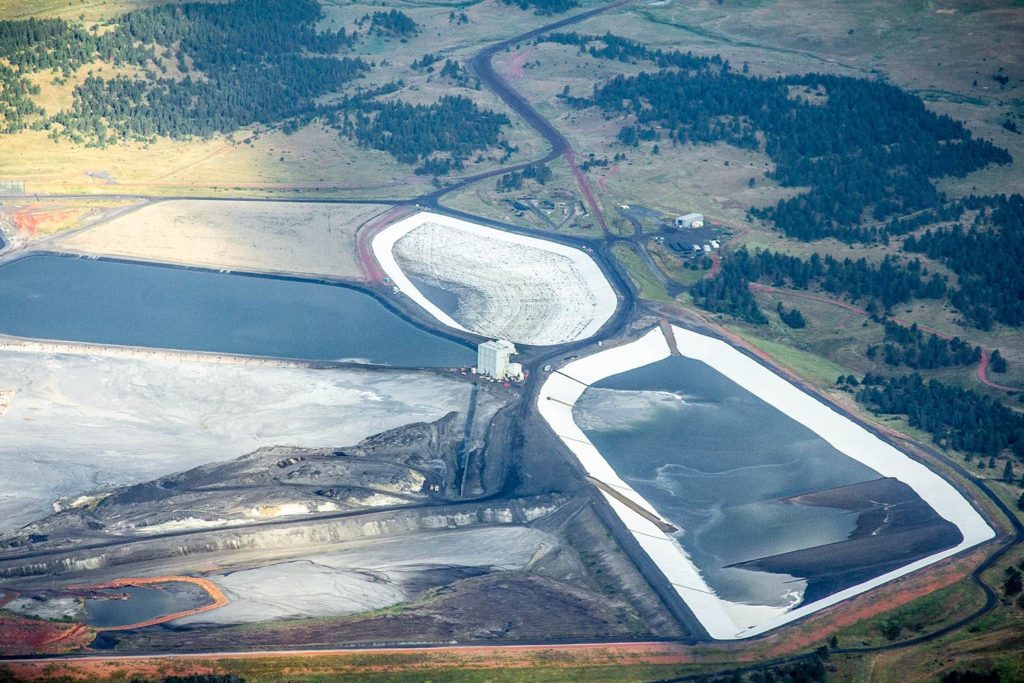
Northern Plains’ Landmark Study “Doing It Right II: Job Creating Through Colstrip Cleanup” Shows How Many Good-Paying Jobs Will Continue if High-Quality Reclamation is Done on its Coal Ash Ponds
Northern Plains Resource Council recently released their report on potential job creation during coal ash cleanup at the Colstrip power plant in southeastern Montana. Doing It Right II: Job Creation Through Colstrip Cleanup is a groundbreaking report providing findings of the first technical analysis of workforce requirements according to different ash pond closure strategies. This kind of analysis has never before been available to the public. The analysis serves as a case study for how responsible ash pond closure and reclamation around the country can provide significant jobs for the local workforce. Thorough cleanup would require that ash is permanently stored away from any groundwater sources (a “high-and-dry” approach), whereas the companies are advocating for a much riskier cap-in-place cleanup which would allow groundwater contamination to continue. The Doing It Right II report illustrates how “high-and-dry” cleanup requires a much larger workforce than subpar cleanup plans. For coalfield communities facing massive layoffs associated with plant and mine closures, this job-creation potential could be a critical bridge to a more resilient future.

Meet Jade Bahr and Barbara Bessette, Montana’s Newly Elected Urban Native Women Legislators
Western Native Voice Community Spotlight focuses on the Montana Legislature and two recently elected urban Native women, Jade Bahr of Billings and Barbara Bessette of Great Falls. Both legislators shared with us some of why they ran for office and what legislation they will focus on during the coming legislative session.
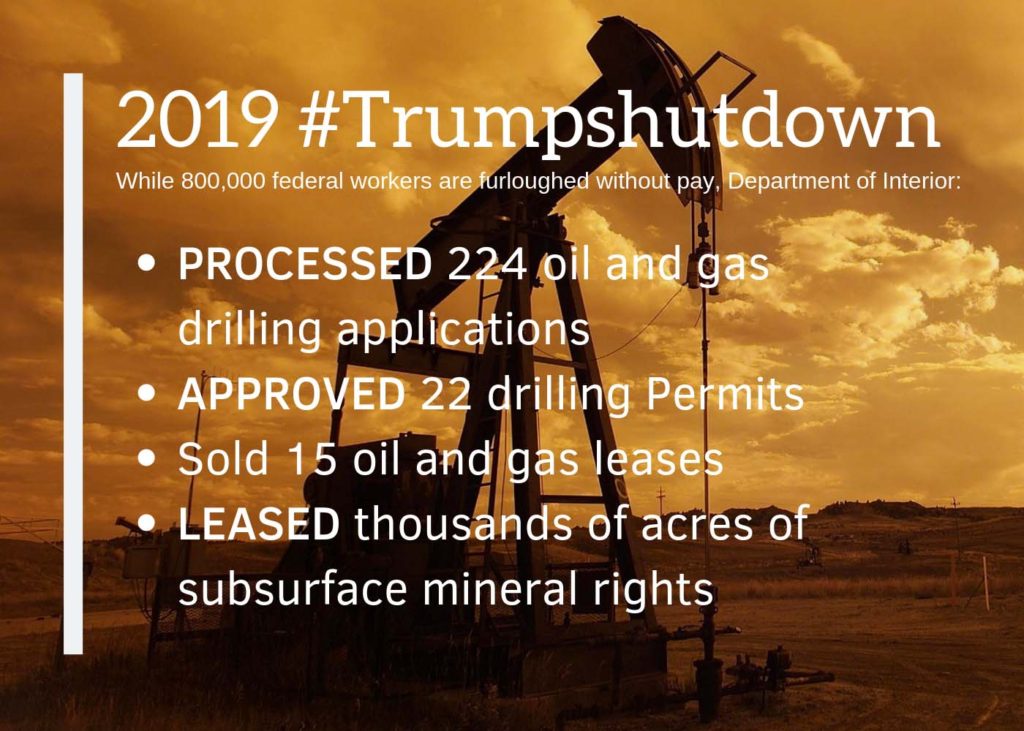
Department of the Interior Recalls 800 Employees to Issue Drilling Permits During Shutdown
DOI gives fossil fuel industry preferential treatment by processing oil and gas drilling permits and leases while safety and environmental review personnel remain furloughed.
Since the Government closed on Dec. 22nd, 224 oil well applications have been accepted, 22 drilling permits have been approved, and 15 oil and gas leases have been approved by the Bureau of Land Management (BLM) across western states while information and normal methods of public comment have been shut off to the public. While the majority of Federal Government agencies have been reduced to skeleton crews of “excepted” employees responsible for cases of emergency, the Department of the Interior (DOI) has recalled and directed more than 800 agency staff to continue the processing of oil and gas lease applications and sales across the West without pay. While the agencies have no staff that can be reached by the public and their safety and environmental review programs are staffed at the bare-bones level, BLM has approved Applications for Permit to Drill (APDs). They have continued protest periods for lease sales without staff to compile or analyze the comments.
Learn more:
Pat Sweeney: 40 Years of Grassroots Action
Annika Johnson: The Future of Organizing is The Youth
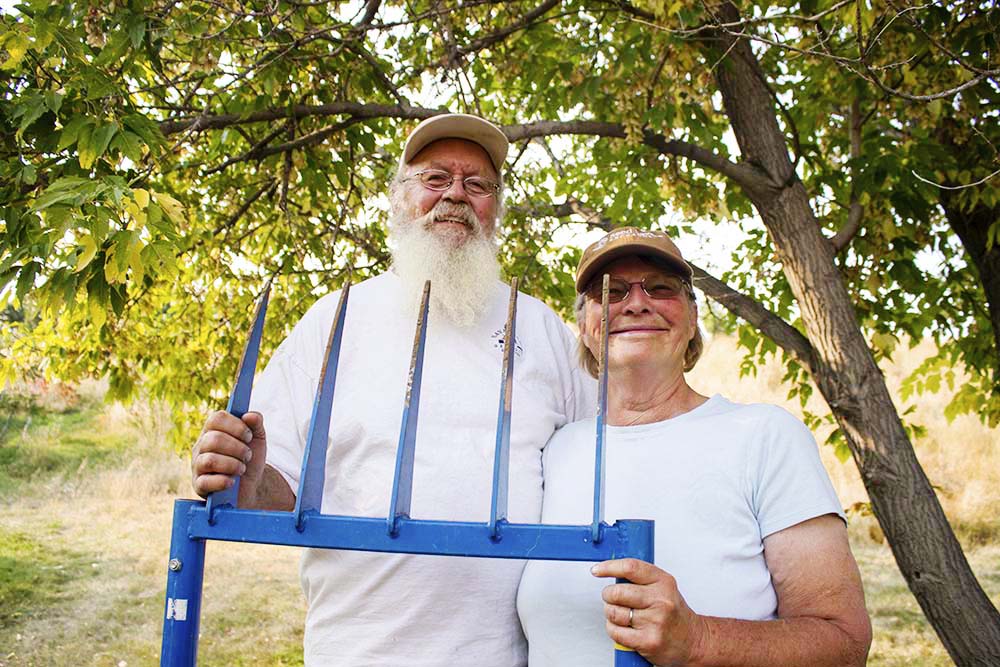
Help create a healthy and sustainable West. Support WORC today.

